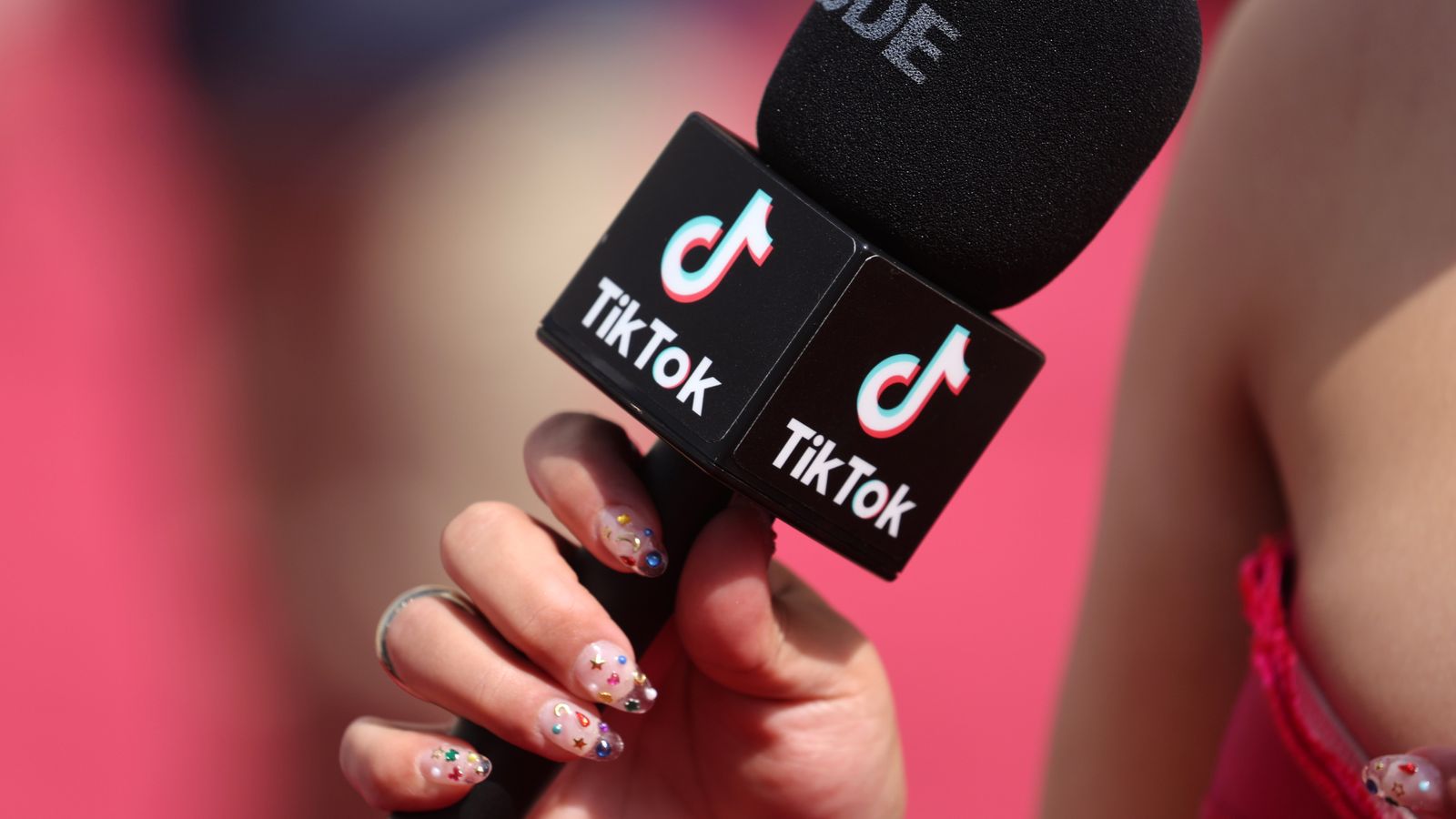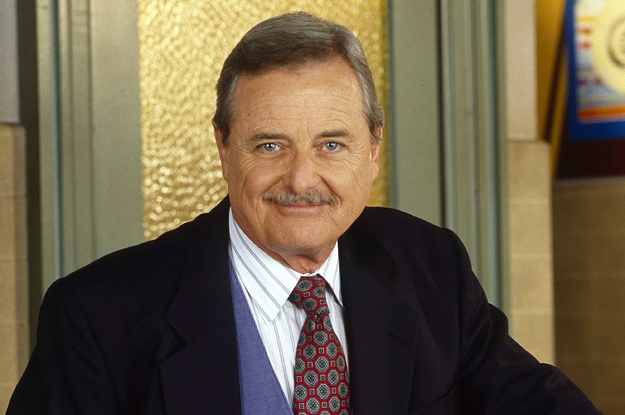TikTok has said it will work to prevent content creators from posting paid political messages on the app, in preparation for the US midterms in November.
While the company has banned paid political ads since 2019, campaign strategists have skirted the ban by paying influencers to promote political issues.
TikTok’s head of safety, Eric Han said on Wednesday that the company seeks to close the loophole by hosting briefings with creators and talent agencies to remind them that posting paid political content is against its policies.
Mr Han added that internal teams, including those that work on trust and safety, will monitor for signs that creators are being paid to post political content, and the company will also rely on media reports and outside partners to find violating posts.
Social media companies including TikTok and Twitter have come under fire from critics and lawmakers who say they are also not doing enough to stop political misinformation spreading on their apps.
Since the last election cycle, the video app has soared in popularity, cementing its place as a problem spot for misinformation.
TikTok also announced it is launching an election centre that will help users find voting locations and candidate information and is working with over a dozen fact-checking organisations to debunk misinformation.
UK Parliament closes down its TikTok account over firm’s China links
Minions: Cinemas ban teenagers wearing suits after #gentleminions trend prompts rowdy behaviour
Baseball star Joey Votto performs ‘Griddy dance’ with young fan after she holds up sign saying ‘will you make a TikTok with me?’
The move comes as other social media companies make announcements about the measures they will take ahead of the midterms.
On Tuesday, Meta, which owns Facebook and Instagram, said it will restrict political advertisers from running new ads a week before the election, which it also did in 2020.
Last week, Twitter said it planned to revive previous strategies, including placing labels in front of some misleading tweets and inserting reliable information into timelines to debunk false claims before they spread further online.
However, civil and voting rights experts said the plan was not adequate to prepare for the election.
The midterm elections will be held on 8 November. All 435 seats in the House of Representatives, 35 seats in the 100-member Senate and the governorships in 36 states are up for election.






